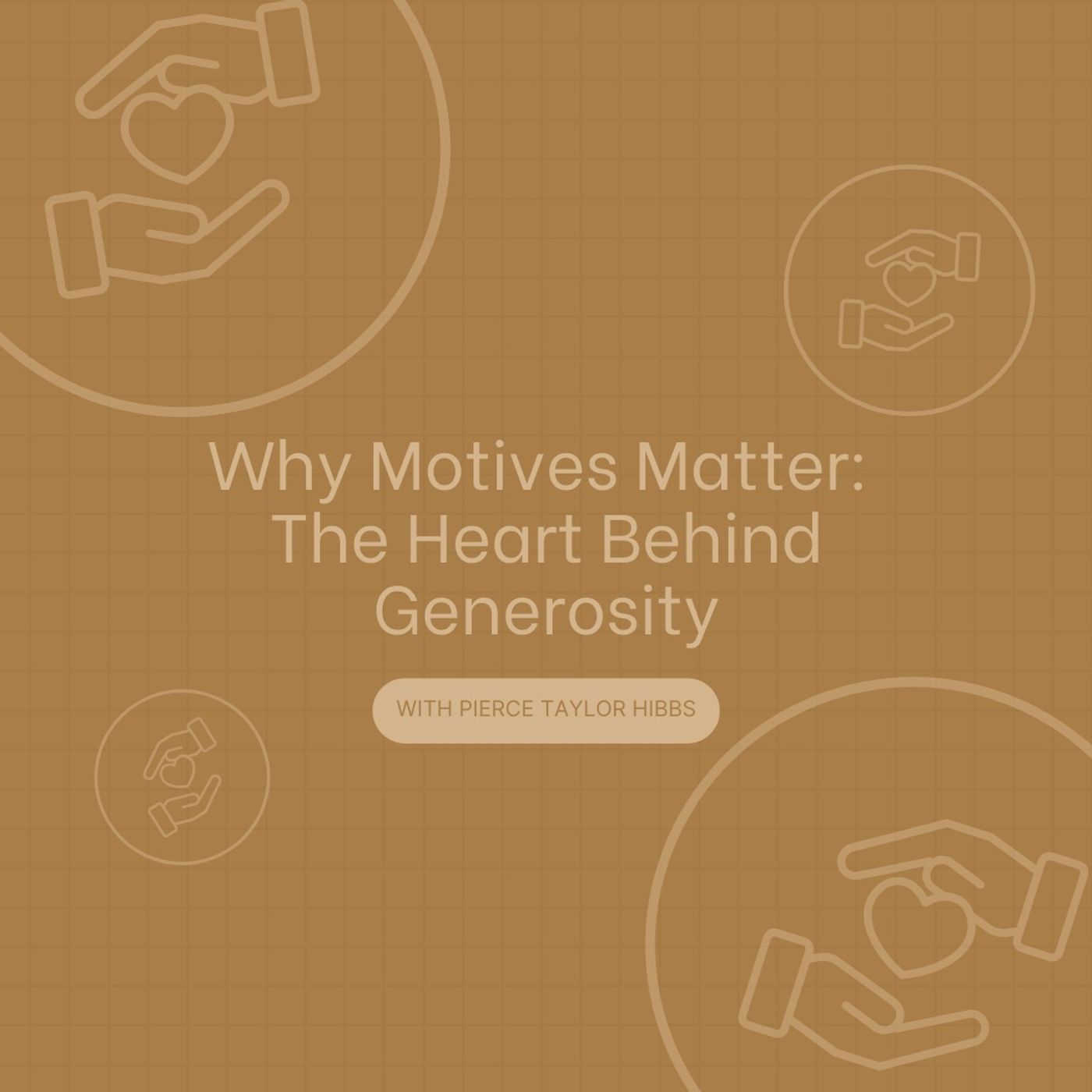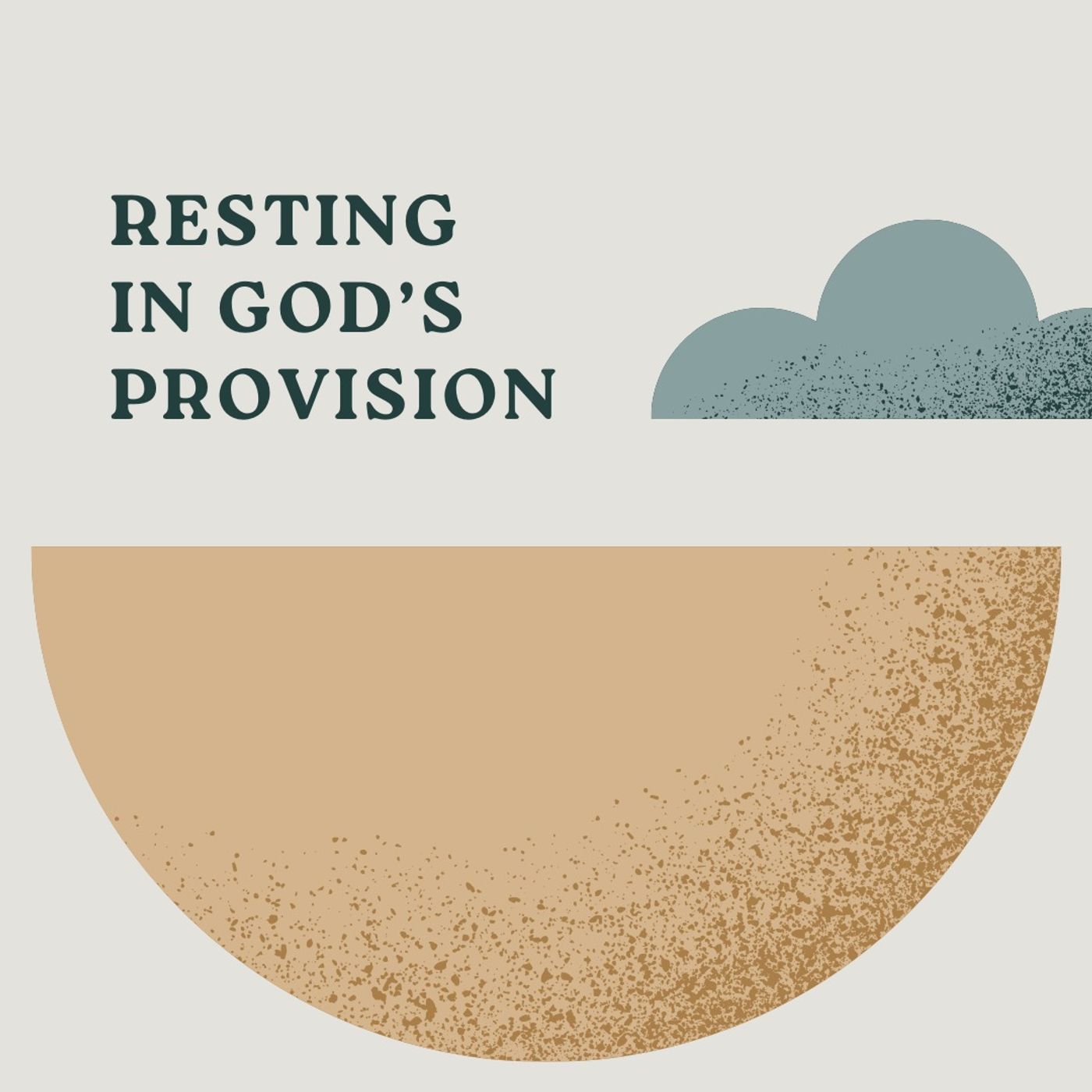3 Biblical Principles for Debt With Sharon Epps
Faith & Finance with Rob West
They say that money is a good servant but a terrible master—especially when it comes to debt. Surveys show that taking on debt ranks near the top of the list of financial regrets. Debt can make profound changes in your life and have spiritual consequences. Sharon Epps joins us to talk about that today. Sharon Epps is the President of Kingdom Advisors, our parent organization. Kingdom Advisors is a group dedicated to training financial professionals to guide and advise you according to biblical principles.

Show Notes
They say that money is a good servant but a terrible master—especially when it comes to debt.
Surveys show that taking on debt ranks near the top of the list of financial regrets. Debt can make profound changes in your life and have spiritual consequences. Sharon Epps joins us to talk about that today.
Sharon Epps is the President of Kingdom Advisors, our parent organization. Kingdom Advisors is a group dedicated to training financial professionals to guide and advise you according to biblical principles.Four Key Uses of Money: Live, Give, Owe, and Grow
Many of us face the challenge of managing debt, but approaching it with biblical principles can transform the way we handle our finances.
To help simplify money management, we can divide our finances into four categories: Live, Give, Owe, and Grow. These categories are like slices of a pie. Since the pie is limited, enlarging one slice means another must shrink. This analogy helps us view money as a finite resource that requires intentional stewardship. Today, we’ll focus on the "Owe" slice—debt—and explore biblical principles related to it.What Does the Bible Say About Debt?
Contrary to popular belief, the Bible does not say that borrowing money is inherently sinful. However, debt is described as enslaving and can negatively impact relationships and decision-making. Proverbs 22:7 warns, “The rich rule over the poor, and the borrower is slave to the lender.” While debt isn’t labeled evil, its consequences make it something to approach cautiously.Biblical Principles for Handling Debt
Sharon highlighted three key principles to guide believers in managing debt:
1. Repay What You BorrowYou Might Also Like

January 27, 2026
Got Long Term Care Insurance?
Do you really need Long Term Care Insurance? Rob West says in light of the fact two-thirds of us will, it would be a goo...

January 27, 2026
Why Motives Matter: The Heart Behind Generosity with Pierce Taylor Hibbs
Jesus taught that the true measure of giving isn’t the size of the gift but the heart behind it. Generosity begins long ...

January 26, 2026
Resting in God’s Provision
We often think stewardship is about doing more. But sometimes, good stewardship begins with stopping. Rob West explains...